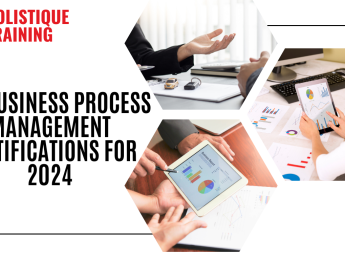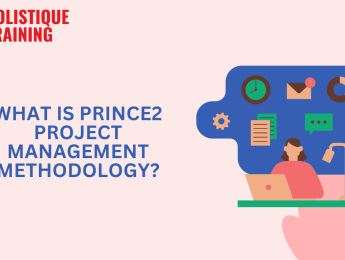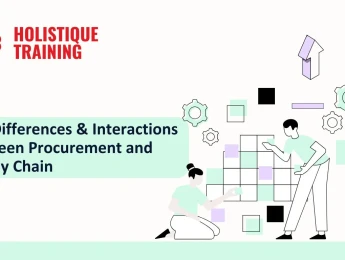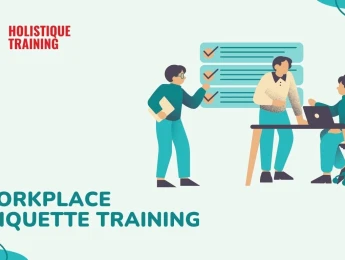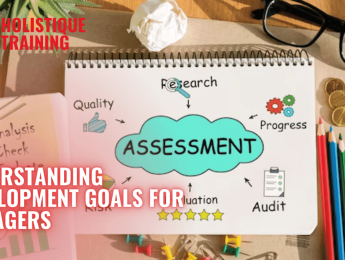- Table of Contents
- Introduction
- 1. Certified Business Process Professional (CBPP)
- 2. Certified Business Process Leader (CBPL)
- 3. Six Sigma Green Belt Certification
- 4. Certified Lean Six Sigma Black Belt (CLSSBB)
- 5. Certified Business Process Associate (CBPA)
- 6. Certified BPM Professional (BPM-P)
- 7. Business Process Management and Improvement Certification
- 8. Business Process Framework (eTOM) Certification
- 9. Certified Business Process Management Coach (CBPMC)
- 10. In-Depth Business Management Professional Training
- Conclusion
Introduction
Learning Business Process Management (BPM) equips professionals with the skills to analyse, design, implement, and improve business processes. BPM is essential for enhancing organisational efficiency, effectiveness, and adaptability. It involves understanding the methodologies, tools, and techniques necessary to manage and optimise business processes across various industries. By mastering BPM, individuals can contribute to strategic planning, drive continuous improvement initiatives, and ensure that business processes align with organisational goals, ultimately leading to increased performance and competitive advantage.
1. Certified Business Process Professional (CBPP)
Summary: The CBPP certification from the Association of Business Process Management Professionals International (ABPMP) is designed for professionals who want to validate their BPM knowledge and skills.
Duration: Varies; typically requires extensive preparation and experience.
Language: English
Level: Advanced
What does a CBPP Course teach you?
A CBPP course covers BPM fundamentals, process modelling, analysis, design, performance management, and BPM technology.
Who should take the CBPP course?
Professionals with significant experience in BPM are looking to formalise and validate their skills.
Why should take the CBPP course?
It demonstrates a high level of expertise and commitment to BPM, potentially leading to career advancement and higher salary prospects.
2. Certified Business Process Leader (CBPL)
Summary: The CBPL certification, also offered by ABPMP, is intended for senior-level professionals leading BPM initiatives.
Duration: Varies; requires substantial experience and preparation.
Language: English
Level: Expert
What does a CBPL Course teach you?
Advanced BPM methodologies, strategic alignment, process governance, and leading BPM transformation projects.
Who should take the CBPL course?
Senior BPM professionals, process improvement managers, and organisational leaders.
Why should take the CBPL course?
It equips leaders with advanced skills for strategic process management, enhancing organisational efficiency and effectiveness.
3. Six Sigma Green Belt Certification
Summary: Various organisations offer this certification focusing on process improvement using Six Sigma methodologies.
Duration: 2-3 weeks of coursework, plus project completion.
Language: English
Level: Intermediate
What does a Six Sigma Green Belt Course teach you?
DMAIC (Define, Measure, Analyse, Improve, Control) methodology, statistical analysis, and process improvement techniques.
Who should take the Six Sigma Green Belt course?
Professionals involved in process improvement, quality management, or project management.
Why should take the Six Sigma Green Belt course?
It provides practical tools and techniques for improving business processes and reducing defects.
4. Certified Lean Six Sigma Black Belt (CLSSBB)
Summary: This certification from various institutions focuses on advanced Six Sigma techniques and lean principles.
Duration: 4-6 months, including project work.
Language: English
Level: Advanced
What does a CLSSBB Course teach you?
Advanced Six Sigma methodologies, lean principles, project management, and leadership skills.
Who should take the CLSSBB course?
Experienced Six Sigma practitioners, process improvement specialists, and project leaders.
Why should take the CLSSBB course?
It enhances problem-solving skills and prepares individuals to lead complex improvement projects.
5. Certified Business Process Associate (CBPA)
Summary: Another certification from ABPMP, aimed at entry-level BPM professionals.
Duration: Varies; generally requires foundational knowledge in BPM.
Language: English
Level: Beginner
What does a CBPA Course teach you?
Basic BPM concepts, process modeling, and introductory analysis techniques.
Who should take the CBPA course?
Entry-level professionals and those new to BPM.
Why should take the CBPA course?
It provides a solid foundation in BPM, ideal for starting a career in this field.
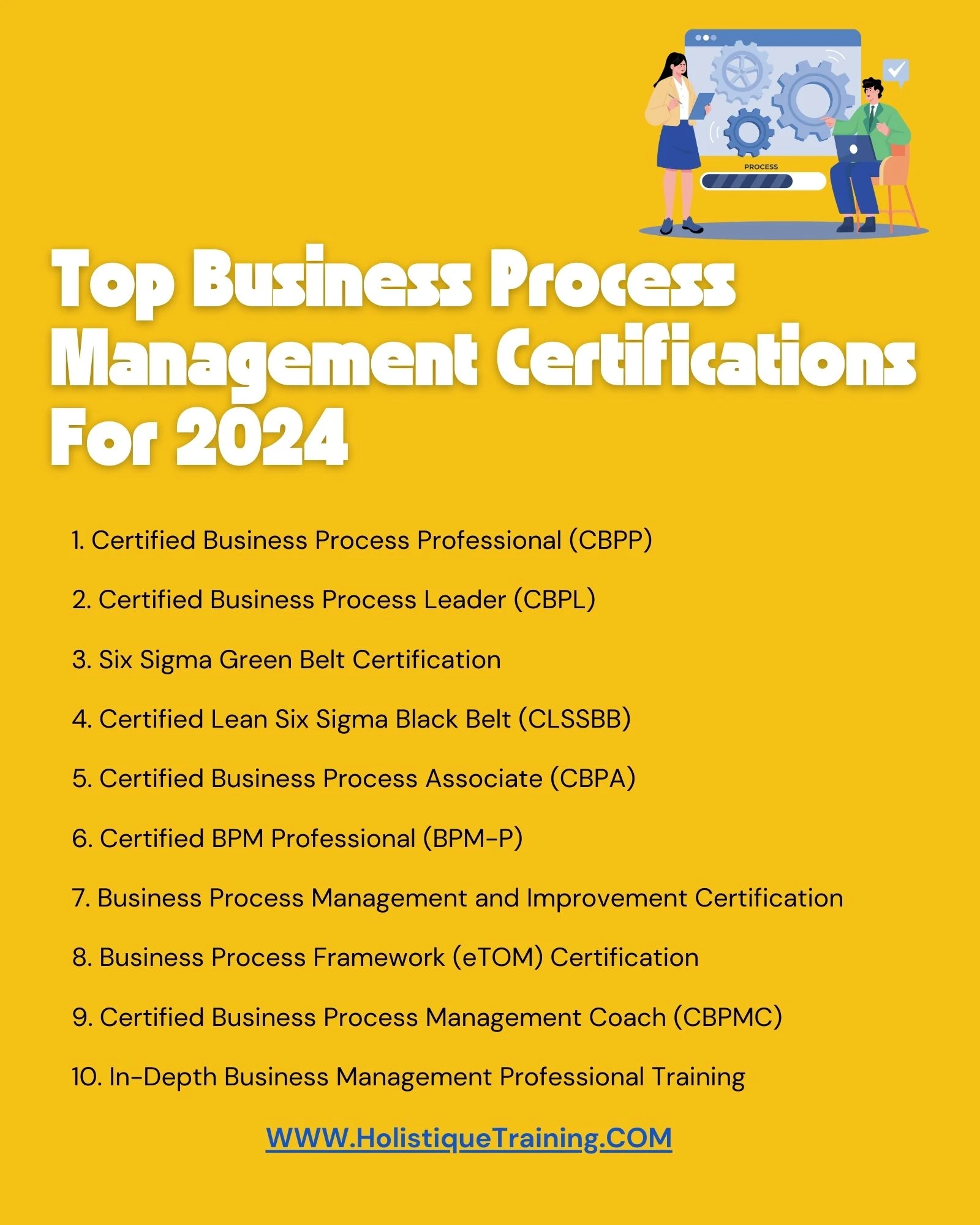
6. Certified BPM Professional (BPM-P)
Summary: Offered by BPMInstitute.org, this certification focuses on comprehensive BPM knowledge.
Duration: Varies; typically involves several weeks of study.
Language: English
Level: Intermediate to Advanced
What does a BPM-P Course teach you?
BPM lifecycle, process modeling, process analysis, and BPM tools and technologies.
Who should take the BPM-P course?
BPM practitioners looking to deepen their knowledge and skills.
Why should take the BPM-P course?
It thoroughly explains BPM, enhancing career prospects and effectiveness in BPM roles.
7. Business Process Management and Improvement Certification
Summary: Offered by AIIM, this certification focuses on improving business processes through BPM.
Duration: 4-6 weeks
Language: English
Level: Intermediate
What does a BPM and Improvement Course teach you?
BPM principles, process improvement techniques, and technology integration.
Who should take the BPM and Improvement course?
Professionals seeking to improve their organisation’s processes and efficiency.
Why should take the BPM and Improvement course?
It equips participants with practical skills for process improvement and optimisation.
8. Business Process Framework (eTOM) Certification
Summary: TM Forum's certification focuses on the eTOM framework for telecommunications.
Duration: 2-4 weeks
Language: English
Level: Intermediate
What does an eTOM Course teach you?
eTOM framework principles, process standardisation, and best practices for telecom operations.
Who should take the eTOM course?
Professionals in the telecommunications industry are involved in process management.
Why should take the eTOM course?
It provides industry-specific knowledge for optimising telecom business processes.
9. Certified Business Process Management Coach (CBPMC)
- Summary: Offered by BPMInstitute.org, this certification focuses on coaching skills for BPM professionals.
- Duration: Varies; typically involves several weeks of study.
- Language: English
- Level: Advanced
What does a CBPMC Course teach you?
- Coaching techniques, BPM methodologies, and how to guide teams through process improvement initiatives.
Who should take the CBPMC course?
- Experienced BPM professionals looking to take on coaching and mentoring roles.
Why should take the CBPMC course?
- It prepares individuals to coach others in BPM, fostering a culture of continuous improvement in their organisations.
10. In-Depth Business Management Professional Training
Summary: This course, offered by Holistique Training, defines the BRM role, teaches strategic partnership skills, and emphasises advanced communication and persuasion techniques. It covers portfolio management, business transition management, understanding customer mindsets, and creating compelling value propositions, focusing on building trust and lasting client relationships.
Duration: 5 days
Language: English
Level: Advanced
What does the In-Depth Business Management Professional Training course teach you?
This course teaches you the essential role of a BRM, strategic partnership skills, advanced communication, and persuasion techniques. It also covers portfolio management, business transition management, understanding customer mindsets, and creating compelling value propositions to build trust and lasting client relationships.
Who should take the In-Depth Business Management Professional Training course?
This course is ideal for experienced business professionals, managers, and executives seeking to enhance their strategic relationship management skills and build stronger, more effective client relationships.
Why should you take the In-Depth Business Management Professional Training course?
You should take this course to gain advanced skills in strategic partnership, communication, and persuasion, which are crucial for building and maintaining strong client relationships. It also provides valuable insights into portfolio management and business transition management, helping you create and sustain business value.
Course Name | Duration | Language | Level |
Certified Business Process Professional (CBPP) | Varies | English | Advanced |
Certified Business Process Leader (CBPL) | Varies | English | Expert |
Six Sigma Green Belt Certification | 2-3 weeks | English | Intermediate |
Certified Lean Six Sigma Black Belt (CLSSBB) | 4-6 months | English | Advanced |
Certified Business Process Associate (CBPA) | Varies | English | Beginner |
Certified BPM Professional (BPM-P) | Varies | English | Intermediate to Advanced |
Business Process Management and Improvement Certification | 4-6 weeks | English | Intermediate |
Business Process Framework (eTOM) Certification | 2-4 weeks | English | Intermediate |
Certified Business Process Management Coach (CBPMC) | Varies | English | Advanced |
In-Depth Business Management Professional Training | 5 days | English | Advanced |
Table: Summary of Top Business Process Management Certifications for 2024
Conclusion
In conclusion, earning a Business Process Management (BPM) certification can be transformative for professionals seeking to elevate their expertise and advance their careers in process management. Each certification offers unique benefits, from foundational knowledge with the CBPA to advanced strategic capabilities with the CBPL, providing pathways for newcomers and seasoned BPM professionals. The certifications discussed enable individuals to develop skills in analysis, process improvement, and strategic alignment, enhancing both personal career prospects and organisational efficiency. As industries increasingly prioritize agility and operational excellence, BPM-certified professionals are well-equipped to drive impactful improvements and contribute to sustainable growth. Choosing the right certification depends on one’s career goals and current experience level, but each program provides valuable tools and insights for success in today's dynamic business environment.


